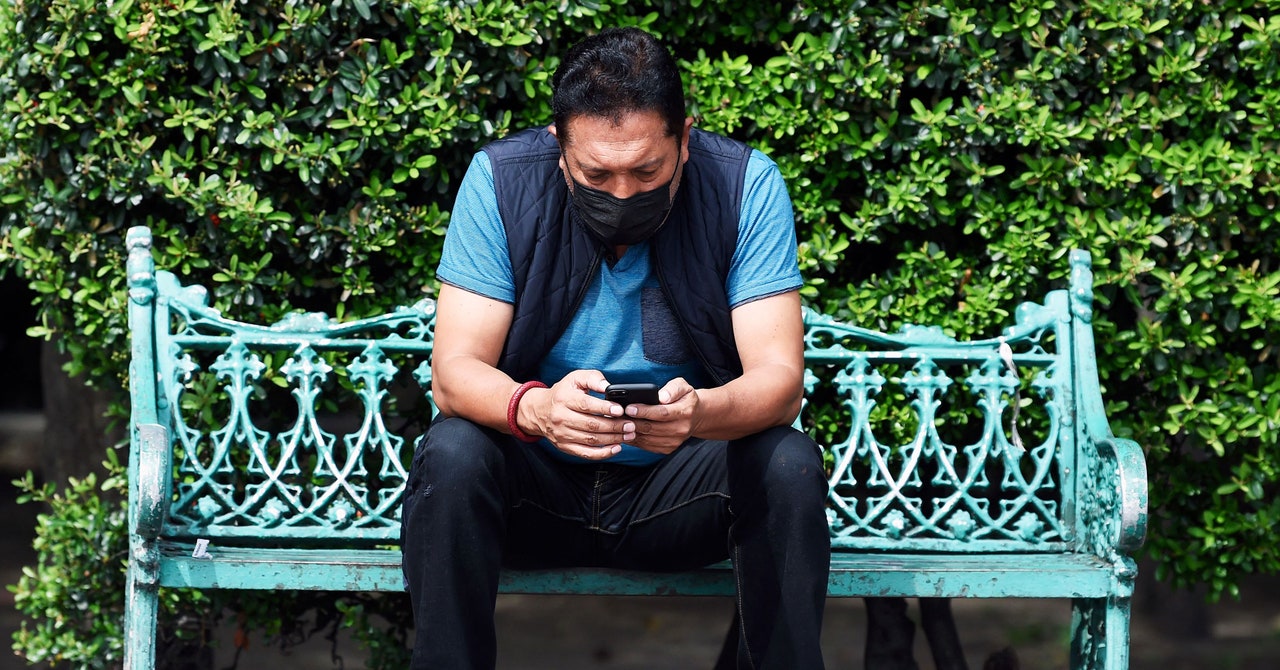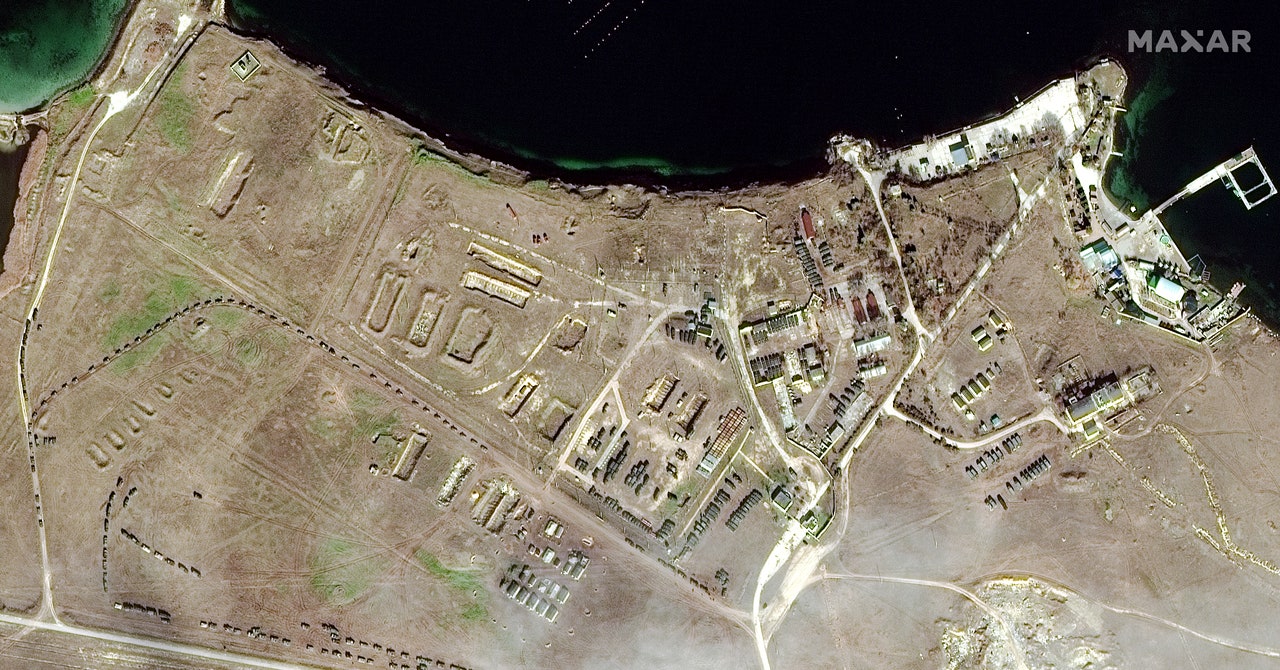With more than 2 billion users, WhatsApp is the most popular end-to-end communication platform in the world. The company says that during the Covid-19 pandemic, users have expanded the way they communicate on the platform – coming together to tackle challenges from parenting and education to mutual aid and political organizing. In response, WhatsApp announced Thursday that it is developing a new set of features known as Communities that will allow the app to function more like productivity software, like Slack or Microsoft Teams. In addition to the DMs and group chats already available, users will be able to group groups of group chats together under the umbrella of an organization or a common topic.
Communities will be housed in a section separate from the standard WhatsApp landing page and offer a way to organize different channels. These groups will also have new features for admins so they can message an entire community and add and remove subgroups. WhatsApp says it’s now starting limited beta testing of Communities with support for both iOS and Android so it can get feedback before finalizing the feature.
“We’ve been using Communities ourselves internally for the past few months while we’ve got all the pieces in place, and it’s helping us find things we know we need and additions to make,” said Will Cathcart, head of WhatsApp at Meta. “But I think it will be particularly useful for us to get other communities around the world that are dealing with many different kinds of problems and challenges to use it, because we’ll get feedback that’s more responsive to a much broader set of of needs rather than just what we’re going to get from our own team.”
End-to-end encrypted communication services like WhatsApp offer users privacy and security guarantees, as the platforms are designed so that the companies that operate them cannot access the content of users’ messages and calls. However, this means that abusive and illegal communications also get the same protection, a challenge that plagues WhatsApp and other platforms. The company has tried to curb the spread of misinformation, using tools like referral restrictions and reporting mechanisms to approach the problem from different angles. With communities, Cathcart says, there is potential to further ameliorate these issues by empowering administrators who have a more nuanced understanding of their organizations or groups and creating structures that can flag potential abuse.
Users will have to be invited to join communities — they won’t just be able to search open, free-for-all channels like they are in services like Telegram. And Cathcart says WhatsApp will expand its forwarding limits to communities, so that messages that have already been forwarded can only be re-forwarded to one group at a time.
WhatsApp now has access to “metadata” about users’ communications — things like the account name, IP address and timestamp associated with each message. Similarly, communities will be end-to-end encrypted, but will allow WhatsApp to see metadata and some information about how a community is organized.




